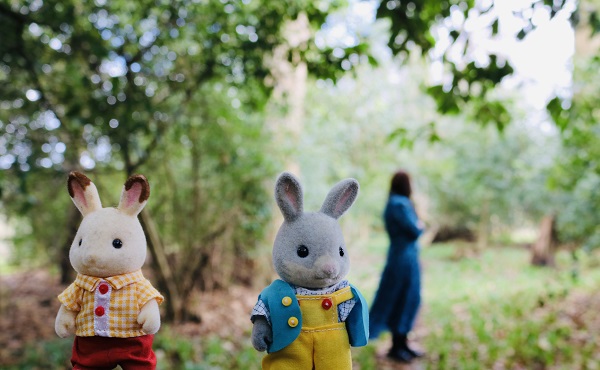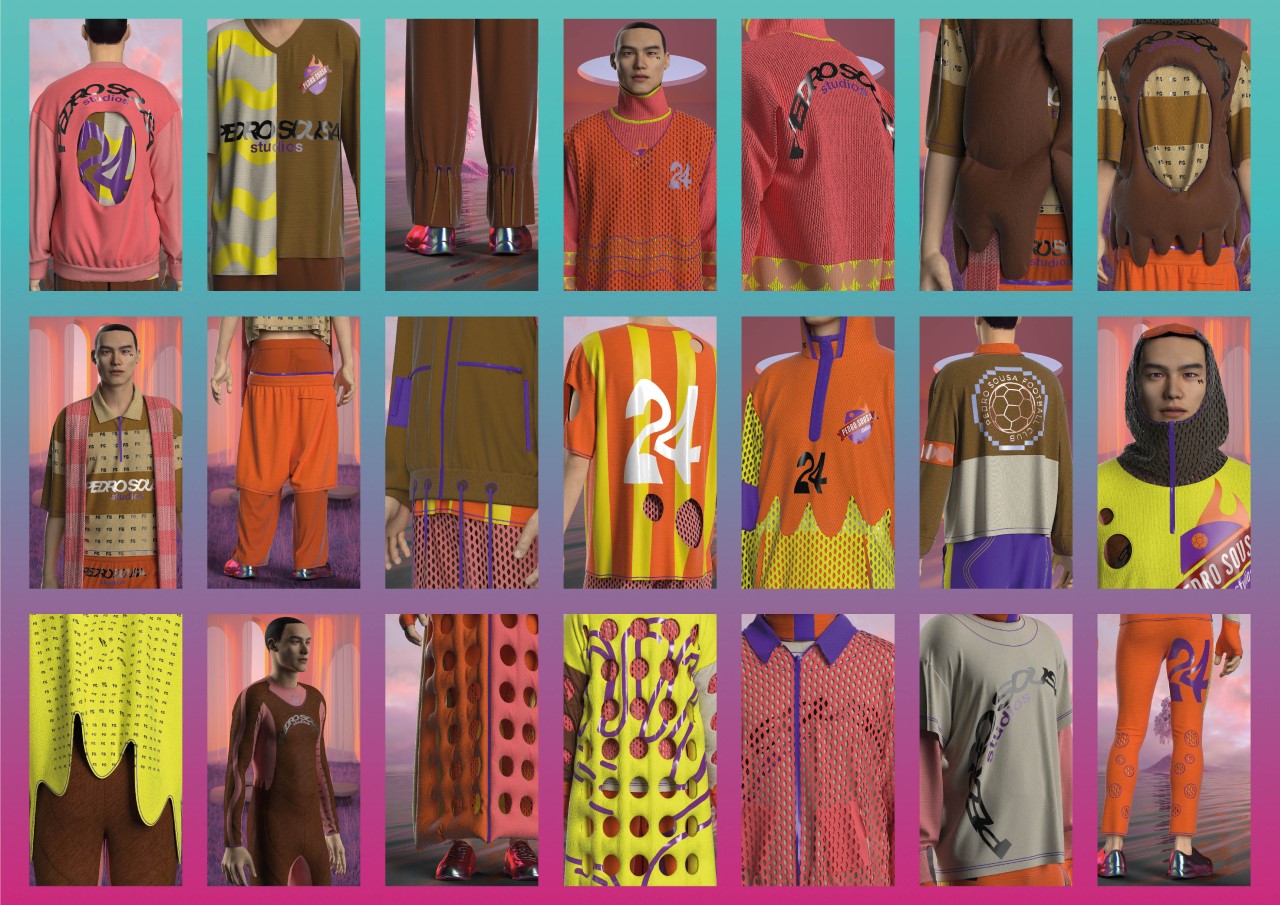True sustainability is about changing behaviour, says MDX design expert
16 August 2022
/7x0:693x466/prod01/channel_3/media/middlesex-university/news-section-images/2022/Eloise-3.jpg)
Sustainability is at the heart of the fashion programmes at MDX, with staff and students pushing for progression in the industry
MDX Interim Head of Design Emma Dick is passionate about students embarking on university design courses to become champions of responsible fashion and to educate consumers and ultimately change the culture in the long-term.
She said: “I have been interested in working in so called ethical and sustainable fashion for years and I think they are really problematic words - as soon as you say ethical fashion it describes all other types of fashion as non-ethical. There is a move towards “responsibilisation” of the consumer and we begin to see the word “responsible” used more frequently, in some places in preference to the word “sustainable”, which is becoming overused.
“What has to change is consumer behaviour... It is much more about changing the whole system of fashion so you are changing ideas about design and production of fashion but also about consumption so shopping and marketing"- Emma Dick, MDX Interim Head of Design
Following guidance published by the UK government on the Green Claims Code in 2021, MDX students are taught how to research and question sustainability claims.
Emma says that the way ideas are communicated has to change, which includes putting an end to “green-washing”.
“Nudging people to believe that certain practices and processes are more ethical and more sustainable is just encouraging people to buy fast fashion with green credentials,” she said.
“That kind of business practice is not sustainable or ethical in any way or solving the problem it is just re-hashing it. It is making consumers guilt feel and making deeply unsustainable and unethical problems seem more acceptable.”
MDX currently offers three programmes- Fashion Textiles and Design, Fashion Communication and Styling and Fashion Design and is introducing a new programme in Fashion Marketing, in collaboration with the Business School, specifically focused on promoting responsible consumption in Fashion through interdisciplinary, collaborative marketing practice, from 2023/24 onwards.
Emma said: “We have got very good practices in place already in the studios and have done for years where nothing is wasted, we capture all the fabric that is cut off things and try to re-purpose all the physical waste in the studios and think about how products can be used across the programmes.”
Fashion Communication and Styling student Eloise Jenner channelled the principles of Stella McCartney for her first-year project on wastage, which included making a strong stop frame animation film.

Eloise used animal figurines that are being disrupted and disturbed in their natural habitat by the model, who represents the fashion industry and the destruction that comes along with that.
She said: “When we got the wastage brief, the obvious thing was using rubbish and taking photos next to a dump or a bin but I wanted to delve a bit deeper and be a bit more of a critic of the industry.
“Although it is the industry that I want to work in this may seem ironic but I think there is always room for improvement and if doing a project like this can change the environment of that again then that’s a good thing. It was a bit of a reflection of what we could be doing better, but done in a light-hearted, playful way.”
Third year Fashion Design student Pedro Sousa went one step further and used completely digital fashion design for his work, a deliberate step to avoid producing waste by making physical garments.

His metaverse shop sells garments digitally and has received a positive reception.
Pedro said: “I develop my theme and fashion collection as normal but then when I start doing the patterns, instead of doing them physically I create them in a programme called Clo3D, and then I stitch the patterns together, put the fabric that I want in and because it is digital I can see everything at the same time in an avatar.
“When I was making clothes previously, I was making a lot of changes to my garments as I adapted them. Now I make all these changes on the computer which is a lot faster, I do not have to buy any fabrics and I do not produce any waste.
“All I am having to buy is the programme to do the designing on. It is a lot cheaper and sustainable.”
Pedro, who lives in Portugal, has loved fashion since secondary school, but wanted to combine it with his passion for IT.
He said: “Now I have my own metaverse shop and I sell my clothes there with gems through an app. When you have a certain amount of gems you put in real money to make a purchase.
“I think there are a lot of brands who are trying to think sustainably in parts and other brands that are doing more and more digitally which I think is the way forward.”
Amelia Mysiara, a first year Fashion Communication and Styling student, used the themes of sustainability, female empowerment and body image in her work this year.

She worked in Norway on a traditional ski-shoot using recycled clothing and the backdrop of Norwegian fields for a project on sustainability.
Amelia said: “Remaking clothes and buying second-hand clothes can be an example of how we feel better by what we wear not focusing only on how we look, but where the clothes are from.
Amelia takes inspiration from the designer Noki, who focusses on sustainable fashion.
She said: “I walked into one of his shows, met him and saw his whole perspective of fashion. I got even more inspired to reuse clothes as his whole show was based on him remaking clothes from big brands into his own aesthetic.
“A lot of fast fashion brands do not show the costs of making the clothes and we need to take responsibility to educate ourselves about fast fashion and which brands are genuine about being sustainable.”


/11x0:1030x693/prod01/channel_3/media/middlesex-university/news-section-images/Mirabela-London-Fashion-Week-for-web.jpg)
/8x0:1033x697/prod01/channel_3/media/middlesex-university/news-section-images/Moot-Court-1.jpg)
/8x0:1033x697/prod01/channel_3/media/middlesex-university/news-section-images/2025/Troubadour-6.jpg)